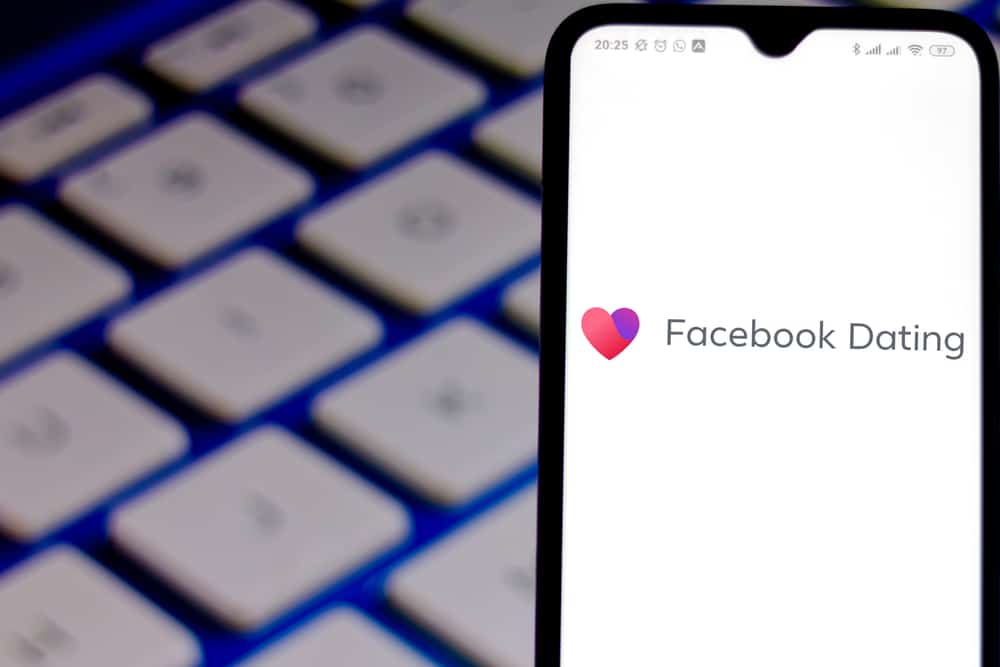How to do a Catfish Phone Number Search
Michelle Wilson - April 3, 2022

As we continue to live our lives closely connected to the online world, heavy reliance on online dating, social media, and online purchases become a significant focus of our lives. Learning the dangers of judging someone by their cover is dangerous, mainly when exclusively focusing on their online identities.
Anyone watching MTV knows of the hit television series Catfish – or if you’ve ever experienced catfishing yourself—it is likely an experience you know all too well. Catfishing is when an individual presents as someone online that they’re not in reality. These individuals often catfish for romantic relationships with extensive amounts of deception. The results are often impactful and devastating to those falling victim to it.
How does the team responsible for the show Catfish uncover the actual identity of these targets? It often starts with a phone number search to begin piecing things together.
Table of Contents
How To Do a Catfish Phone Number Search
A typical catfish will often start a romantic relationship through a social media or dating profile, giving their victims an outpouring of flattery and compliments. They show an unmistakable knack for sharing similar interests or hobbies. At some point, the catfish will ask for money, with their physical location remaining a mystery. If a catfish is an experienced scammer or a professional, they’ll likely conceal their identity by building a fake profile. These profiles check out against their actual name and email address.
When an individual uses the phone number, individuals can perform a verse phone lookup or run a background check to determine a person’s true identity. Here’s how the reverse phone number lookup works:
- A reverse phone number tool allows someone to type in the phone number a suspected catfish offers and search through the database.
- After the initial search, individuals can see the finalized report, uncovering all available information about that person. These details will help verify the person you’re talking to online, determining whether they’re an authentic person or a catfish.
The victim can instantly turn the tables and shut the scammer down using a reverse phone number.
How Experts Find a Catfish
The main idea of MTV’s Catfish show is to assist victims in understanding the truth about the online identities they’ve encountered online. The show’s co-hosts, Max and Nev, begin all research from scratch, with producers having no knowledge of what the search will uncover. The show’s storyline deliberately doesn’t share the results until the show’s end.
Most people will balk at checking a cell phone number, questioning images, or performing an online search. Viewers may find it odd that victims haven’t looked up their true identity through phone number searches online, but most victims are familiar with making friends on social media. With a younger demographic, trusting someone at face value isn’t uncommon.
Max and Nev start with the basics of an online search to uncover identities, including a reverse image search, reverse phone lookup, and a standard background check. Most reverse phone search results will include email addresses, social media accounts, phone numbers, online profiles, and other personal information. The search will unlock who the phone number is registered, including the owner’s address. In some situations, a background check will also reveal a criminal record.
Catfish Uses Background Checks
More experienced scam artists know how to cover their steps for simple online searches. While Google doesn’t always uncover a catfish, the team will often use a few different tools to unearth what’s going on. Unfortunately, many various reverse number search tools promise results but aren’t legitimate. Ensure that any platform brings reliability and authenticity, especially when trying to find accurate results.
How to Confirm You’re Not Being Catfished
One of the easiest ways to confirm the person you’re talking to is authentic is with a visual. These aids might include a webcam or Facetime conversation to ensure the person is exactly who they claim. Outside of visual confirmation, performing a reverse image search can help protect the identity of everyone involved. Although many reputable websites cost money, it’s a small price to pay overall.
Different Types of Catfish
White-Lie Catfish
Although we’ve all done it at some point, presenting a filtered version of ourselves is technically catfishing. These might include uploading heavily edited photos, shaving off a few years, or using old photographs. If these individuals aren’t approaching relationships in a healthy way or you notice a few worrying behaviors, it’s best to walk away.
Romance Fraudsters
A romance fraudster will use manipulation to get you separated from your cash online. There are typically four types of romance fraudsters, each using their own tactics and manipulation methods.
Emotional Manipulators
An emotional manipulator will often target social media or dating apps that seem particularly vulnerable. These include recently divorced, separated, or hurt people. They target a life crisis, medical bills, or even a plane ticket. Eventually, these scam artists will slowly gain trust and use goodwill to commit fraud, asking for money with promises of continuing the relationship.
Identity Theft
Although asking questions about your life is normal, repeatedly asking for personal details could be a significant red flag. You should keep anything that might be a security question online to yourself. These include birthdays, favorite animals, or family background. These criminals know how to access important details of your life, without disclosing anything private or intimate of their own.
Blackmailers
These scam artists aren’t about emotional manipulation. They’re into gathering personal or sensitive information (whether nude or explicit conversations), or they convince you to perform sexual activities over webcam and then threaten distribution if you don’t send the money. Revenge porn is a serious crime, making it reportable to the police.
In-Person Daters
This person tries to spend lots of cash on dates, including expensive restaurants, accommodations, or gifts. This scam artist won’t hide behind the camera; they’ll meet in person. If you’re starting to feel more like an ATM instead of a partner, there’s a chance you might have a red flag.
Companies in Disguise
Third-party companies set up a few accounts to try selling sexual services online. Most of these accounts use high-quality images of an individual, luring matches with risky photos. If something doesn’t seem to match up while talking to them, pay close attention. If someone looks like a real-life model and looks too good to be true, there’s a good chance that’s the case.
Conclusion
Catfishing can take on many types and forms, each with its warning signs. What’s important is understanding the safety precautions you can take to ensure the person you’re talking to is genuine and authentic. A reverse phone number check can confirm account details and basic identity details. These details can improve your online security and protect your activities online. If you’re ever concerned about a potential catfish, it’s always better to perform a search first to find out the truth before sending money, gifts, or major purchases.












